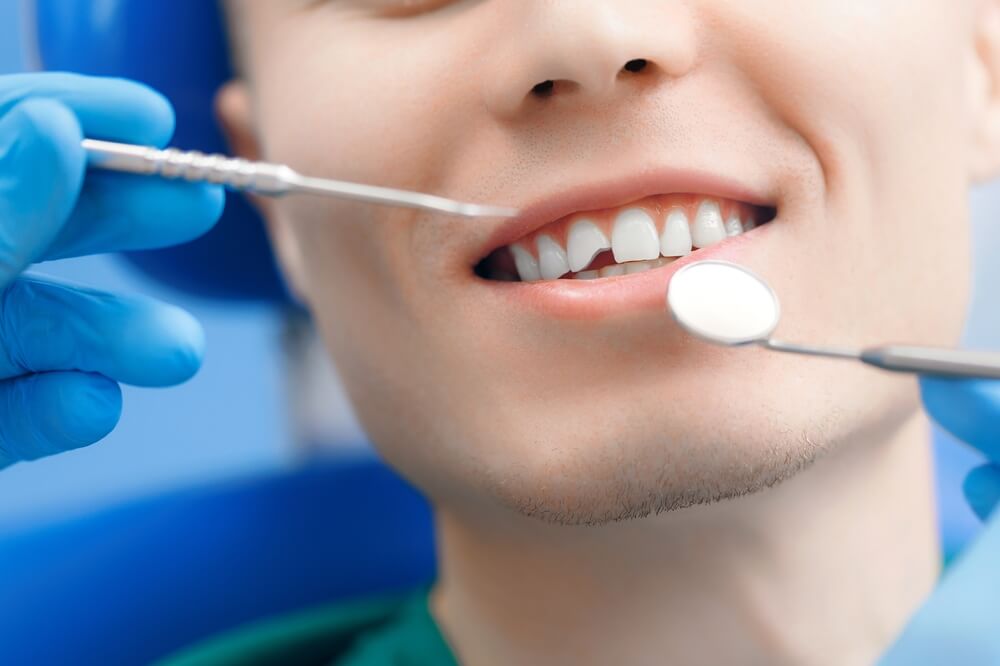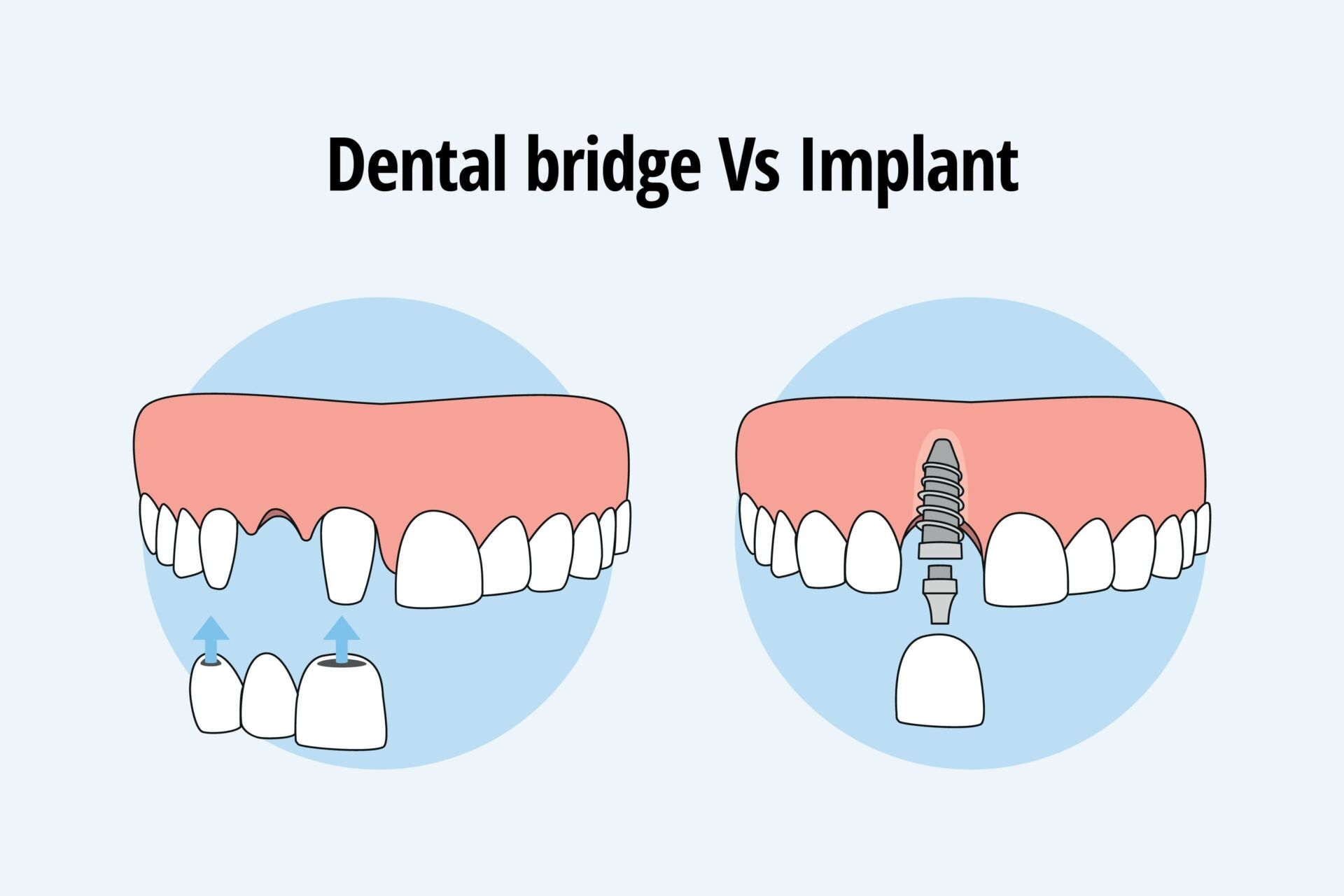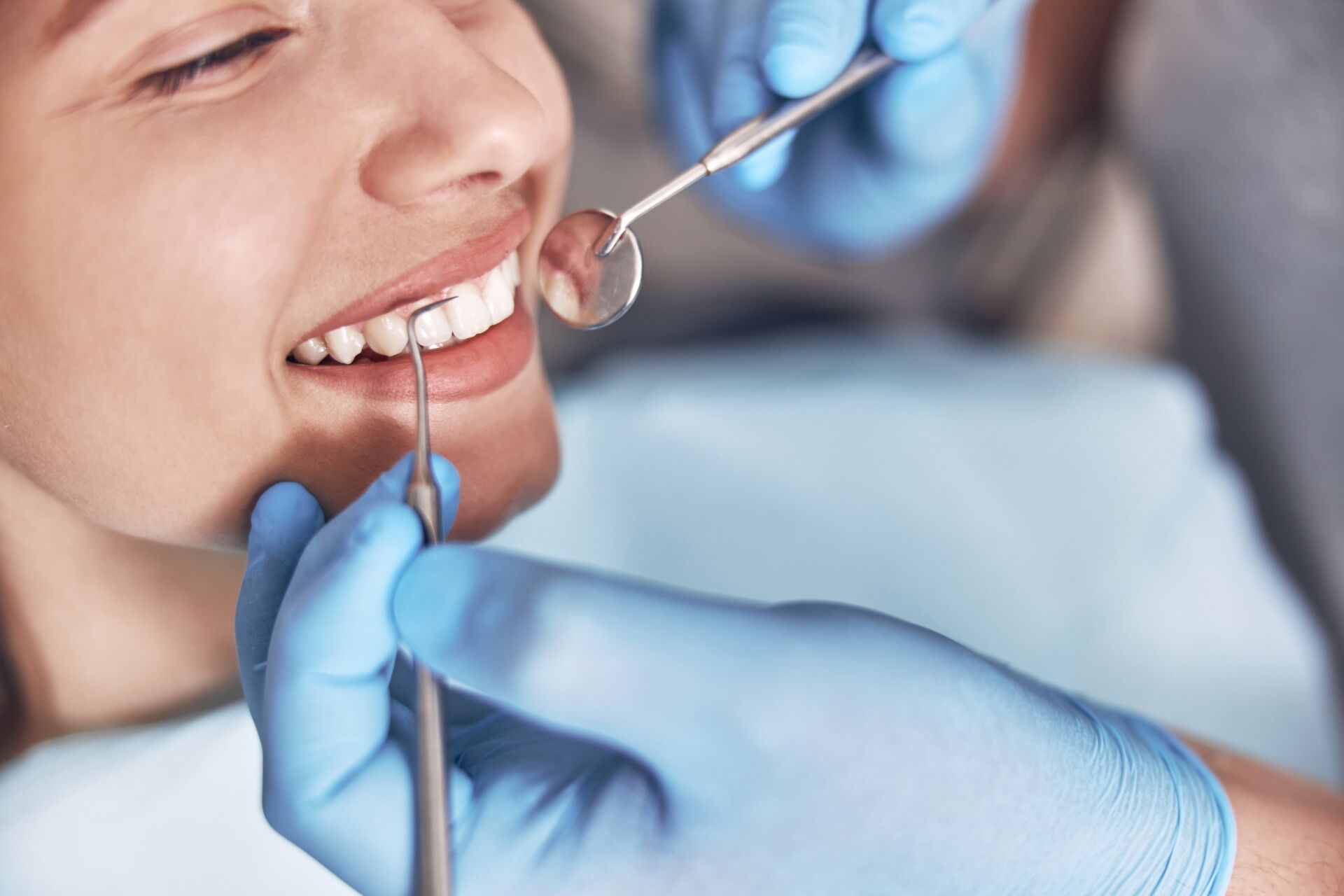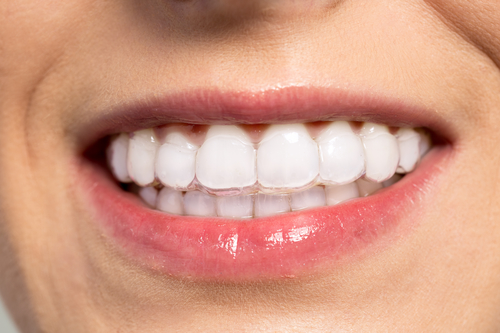If you’re here because you have a broken tooth, you’re likely looking for information on what to do next and wondering if it’s repairable. Here are some practical steps you can take to protect the tooth, reduce, pain, and prepare for effective broken tooth repair.
Steps to Take After a Broken Tooth
- Assess the Damage – First, take a moment to assess the extent of the damage. Broken teeth vary from minor chips to severe fractures that expose inner layers of the tooth. If the broken piece is large or you experience sharp pain, it may indicate that nerves or blood vessels are exposed. More severe damage will need immediate attention, but even a small chip should be seen by a dentist to prevent future issues.
- Rinse your mouth – Rinse your mouth with warm water to clean the area, which helps remove any debris and reduces the risk of infection. If you see blood, gently bite down on a piece of gauze to control the bleeding. Rinsing can also give you a better look at whether the tooth’s edges are sharp and if they may irritate your tongue or inner cheeks.
- Manage pain – Breaking a tooth can be painful, especially if it exposes sensitive nerves. Over-the-counter pain relievers, like ibuprofen or acetaminophen, can help manage pain until you can see a dentist. Avoid aspirin, as it can thin the blood and increase bleeding. To help reduce swelling and pain, apply a cold compress on the outside of your cheek near the affected area.
- Protect the tooth – If the broken tooth has sharp edges, you can use sugarless gum or bite on a gauze to cover the jagged parts and prevent them from cutting the inside of your mouth. If the break leaves a piece of the tooth loose or if it feels unstable, avoid touching or putting pressure on it by keeping your jaw slightly open until you can get to the dentist.
- Collect any broken pieces – If you can find the broken part of the tooth, rinse it gently and keep it moist. Place it in a small container with milk to preserve it, as this can help the dentist evaluate the severity of the break and possibly reattach the fragment.
Most Common Causes of a Broken Tooth
There are several common factors that can lead to a broken tooth, and understanding these causes can help in preventing a dental fracture. The most frequent causes of a broken tooth include:
- Biting on hard foods or objects like hard candy, ice, and bone
- Tooth decay (cavities) and weakened enamel
- Grinding and clenching (Bruxism)
- Physical accidents, such as falls or sports injuries
- Sports-related injuries, particularly in contact sports like football or hockey
- Aging and wearing over time
- Dental work, like fillings or crowns, that have aged or become worn
- Using teeth to open packages, cut tape, or hold objects
- Poor oral hygiene and an acidic diet that weakens the enamel
Some of the most common culprits are microfractures from previous injuries, grinding, or other stressors that eventually lead to a break. While some causes of a broken tooth, like accidents, are difficult to avoid, others – such as avoiding hard foods, practicing good oral hygiene, and wearing a mouthguard during sports – can help reduce the risk.
Potential Risks With a Broken Tooth
If you’re thinking of delaying treatment because it doesn’t seem like an emergency, it’s important to know your risks. Here are some possible outcomes of a broken tooth:
- Increased risk of infection if a break exposes the pulp or cracks down to the root
- Pain and sensitivity that disrupts your quality of life
- Sharp or jagged edges that can cause injury in the mouth
- Tooth discolouration due to possible nerve damage
- Difficulty chewing and biting that can disrupt normal eating habits
- A minor crack or chip expanding over time that can lead to a more serious fracture
- Risk of complete tooth loss, leading to more costly treatment
- Jaw pain or headaches from an imbalanced bite
Ignoring a broken tooth, even a minor chip, can lead to larger issues like pain, infection, and more complicated dental work. Seeking early dental intervention can help preserve the health of your tooth and prevent more serious complications.
At Janz Dental, we’re here to restore your smile quickly and comfortably with our reliable emergency dental services. Whether it’s a chip, crack, or severe break, we can repair and strengthen your tooth.
Contact us today for effective broken tooth repair.






